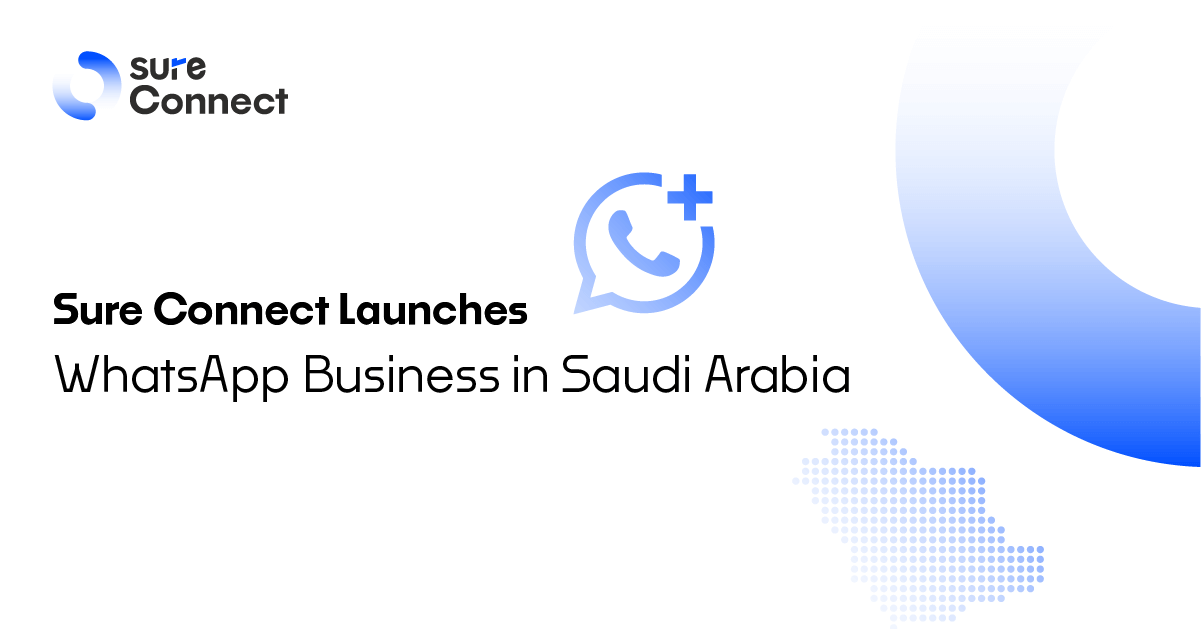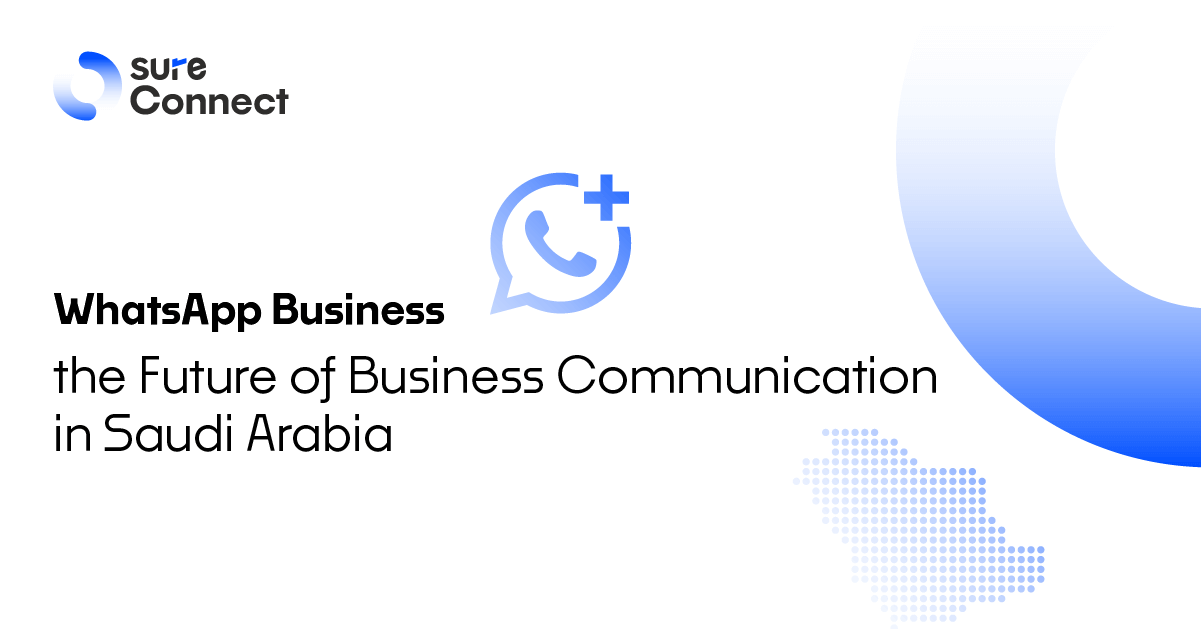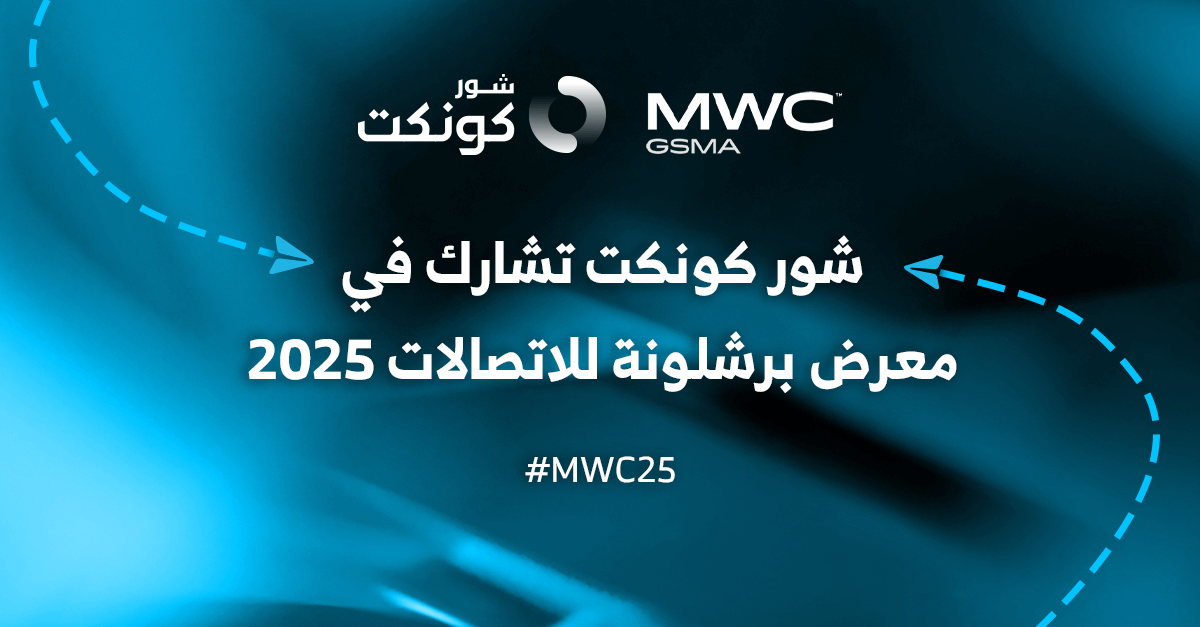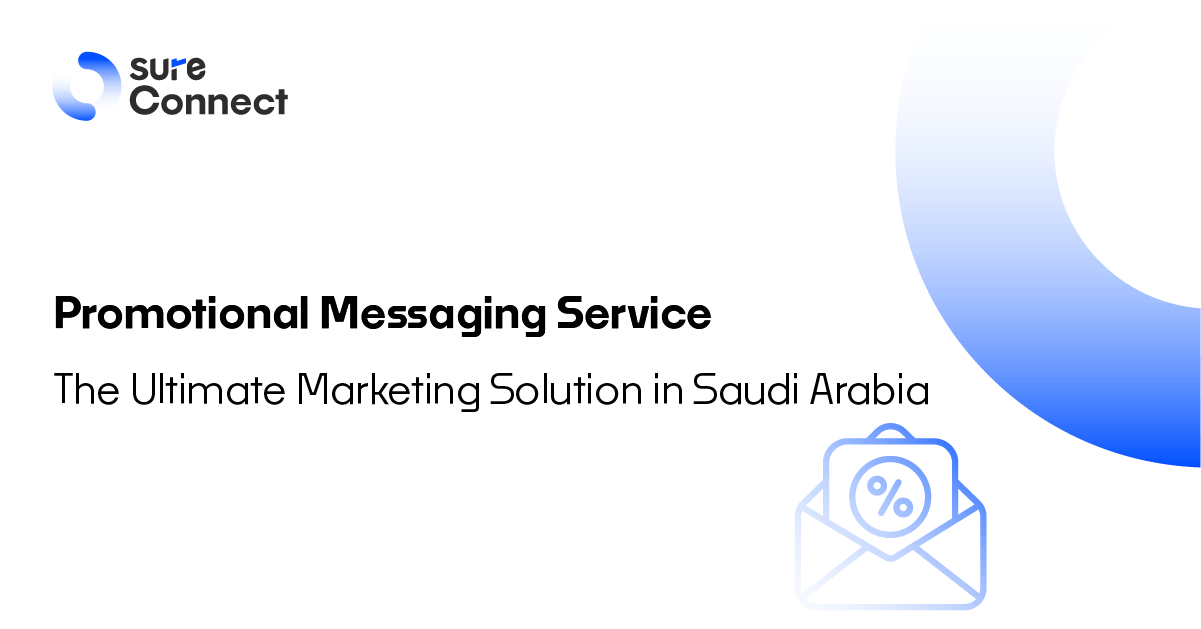Mobile Marketing: Definition, How It Works, and Examples
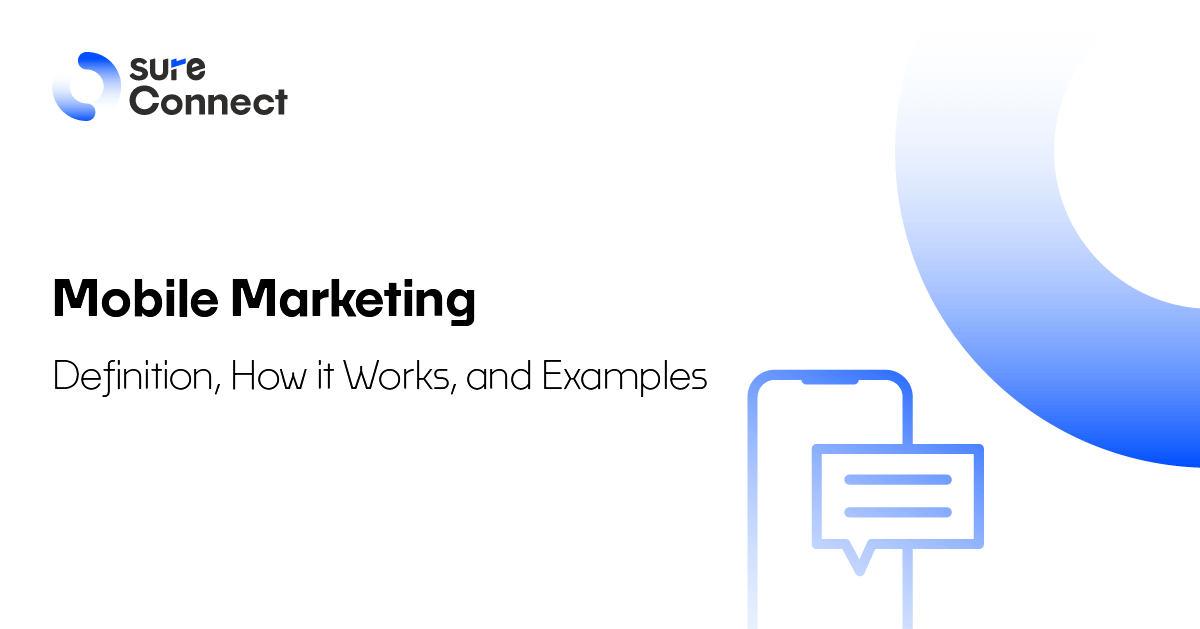
Mobile marketing is a digital marketing strategy specifically designed to reach consumers through their mobile devices, such as smartphones and tablets. This approach utilizes various channels and techniques to engage customers in real-time, providing personalized content and promotions based on their behaviors and locations.
Definition of Mobile Marketing
Mobile marketing is defined as a multi-channel online marketing technique aimed at reaching a specific audience on their mobile devices. It encompasses various methods, including SMS, MMS, mobile applications, email, social media, and mobile-optimized websites134. According to academic definitions, it involves any marketing activity conducted through a network to which consumers are constantly connected via personal mobile devices1.
How Mobile Marketing Works
Mobile marketing operates by leveraging the unique features of mobile technology. Here are some key components: Channels: Common channels include SMS (Short Message Service), MMS (Multimedia Messaging Service), push notifications from apps, mobile websites, and social media platforms356. Personalization: Marketers can tailor messages based on user behavior, preferences, and location. For instance, location-based services can send alerts or promotions when users are near a store34. Engagement: Mobile marketing encourages interaction through various formats such as in-app advertisements, QR codes that link to promotional content, and personalized emails26.
Types of Mobile Marketing
Mobile marketing encompasses several strategies
SMS Marketing: Sending promotional messages directly to users' phones. In-App Advertising: Displaying ads within mobile applications. Push Notifications: Alerts sent through apps to inform users about new products or offers. QR Codes: Scannable codes that direct users to websites or apps with more information. Location-Based Marketing: Targeting users based on their geographic location to provide relevant offers259.
Examples of Mobile Marketing
Retail Promotions: A clothing store sends SMS coupons to customers who have opted in for promotions, encouraging them to visit the store. Restaurant Ads: A local restaurant uses geotargeting to display ads to users searching for dining options nearby9. App Engagement: A fitness app sends push notifications about new workout plans or challenges tailored to the user's activity level. Loyalty Programs: Brands use mobile apps to manage loyalty programs where customers earn points for purchases that can be redeemed for discounts or rewards46.
Benefits of Mobile Marketing
Mobile marketing offers numerous advantages
Cost-Effectiveness: Generally more affordable than traditional advertising methods like TV and print34. Wider Reach: With the majority of internet traffic coming from mobile devices, marketers can access a larger audience9. Real-Time Engagement: Enables immediate interaction with consumers at any time and place56. mobile marketing is an essential component of modern digital strategies that allows businesses to connect with consumers in a highly personalized manner through their preferred devices. By utilizing various channels effectively, companies can enhance customer engagement and drive sales.
What are the most effective types of mobile marketing?
The effectiveness of mobile marketing can vary based on the target audience and specific campaign goals. Here are some of the most effective types of mobile marketing: 1.
SMS Marketing
SMS marketing remains a powerful tool due to its high open rates, typically ranging from 90% to 99%. Text messages are often opened within three minutes, making this a highly effective way to deliver time-sensitive promotions and alerts directly to consumers' phones.
2. In-App Advertising In-app advertising allows brands to reach users directly within mobile applications. This method includes various formats such as banner ads, interstitial ads, and rich media ads, which can enhance user engagement by seamlessly integrating with the app experience.
3. Push Notifications Push notifications are messages sent through mobile apps that can re-engage users by providing timely updates or offers. They are cost-effective and can significantly increase user interaction when used strategically.
4. Location-Based Marketing This strategy leverages GPS technology to send targeted ads and promotions based on a user's real-time location. Geofencing, a subset of location-based marketing, creates virtual boundaries around specific areas to deliver relevant content to users nearby.
5. Video Ads Video ads are increasingly popular on mobile devices due to their engaging nature. They can be placed on social media platforms, streaming services, and within apps, offering a dynamic way to capture attention and convey brand messages effectively.
6. Gamified Ads Gamified ads engage users by incorporating game-like elements that encourage interaction. These ads often reward users for participation, leading to higher engagement rates and brand loyalty.
7. Rich Media Ads Rich media ads include interactive elements such as videos and animations, providing a more engaging experience than traditional static ads. This format allows for greater creativity and user interaction, leading to improved retention rates.
8. Playable Ads Playable ads allow users to interact with a demo version of an app or game before downloading it. This hands-on approach can significantly increase conversion rates as users experience the product firsthand.
the most effective types of mobile marketing include SMS marketing, in-app advertising, push notifications, location-based marketing, video ads, gamified ads, rich media ads, and playable ads. Each type has unique strengths that can be leveraged depending on the campaign objectives and target audience preferences.
What are the benefits of using rewarded ads in mobile marketing?
Rewarded ads have become a prominent strategy in mobile marketing due to their unique benefits for users, app developers, and advertisers. Here are the key advantages of using rewarded ads:
1. Increased User Engagement Rewarded ads encourage users to actively engage with the content because they receive a reward for their time. This voluntary participation leads to higher completion rates compared to traditional ad formats. Users are more likely to watch the entire ad to claim their reward, resulting in better engagement metrics for advertisers.
2. Improved User Retention By offering incentives, rewarded ads can significantly enhance user retention rates. Users tend to spend more time in the app to earn rewards, which can lead to longer session durations and increased loyalty towards the app. This is particularly effective in gaming apps where users may return frequently to earn in-game currency or bonuses.
3. Enhanced User Experience Unlike intrusive ad formats, rewarded ads provide a more positive user experience. Users have control over when they choose to view the ads, making the interaction feel less disruptive and more like a fair exchange. This leads to a perception of value, as users receive something beneficial in return for their attention.
4. Higher Revenue Generation Rewarded ads often yield higher revenue for app developers compared to other ad types. They typically achieve better effective cost per mille (eCPM) rates due to their high engagement levels. Advertisers benefit from increased brand awareness and conversion rates, as users are more likely to remember and act on ads they engaged with voluntarily.
5. Encouragement of In-App Purchases By providing users with small amounts of premium content or in-app currency through rewarded ads, developers can increase the likelihood of subsequent in-app purchases. Users who experience the benefits of these items may be more inclined to spend real money on them later.
6. Positive Impact on Brand Perception Advertisers benefit from the opt-in nature of rewarded ads, which reduces the risk of negative feelings towards their brand. Since users choose to engage with these ads, they are less likely to associate them with annoyance or disruption, leading to improved brand perception and recall and Rewarded ads serve as an effective mobile marketing tool that enhances user engagement and retention while generating higher revenue for developers and advertisers.
By creating a mutually beneficial environment where users feel rewarded for their time, this ad format fosters a positive user experience and encourages ongoing interaction with the app.
Other Categories
Recent Blogs :
